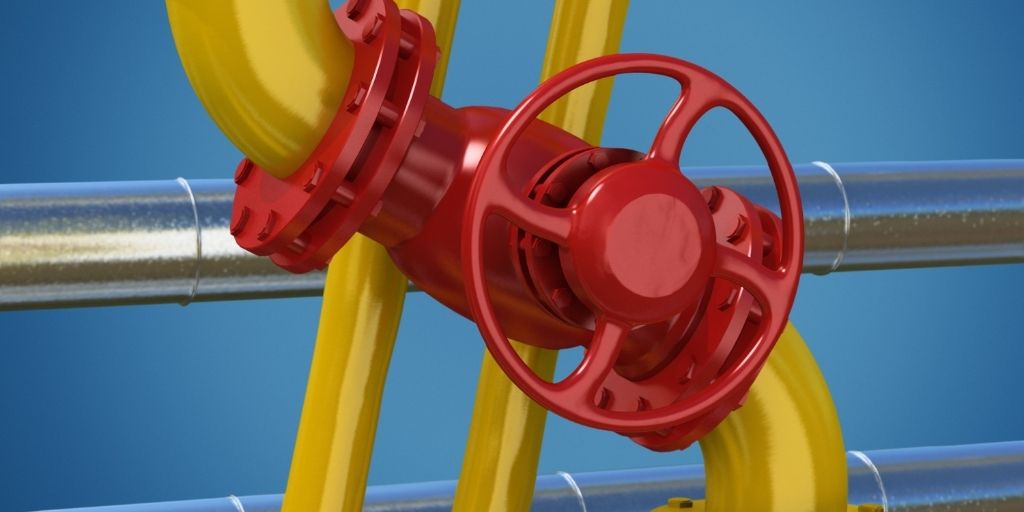The European Commission’s Directorate General for Energy is dragging its feet in answering allegations on its role in the selection of priority gas pipelines in the Western Balkans and Caucasus region. The delays threaten to diminish the chances of the Ombudsman’s findings being taken into account while developing new EU energy rules.
Gligor Radečić, Gas Campaigner | 21 October 2021

The EU Ombudsman’s office is currently looking into a complaint by Bankwatch against the Commission’s omissions concerning the climate assessment of 12 gas pipeline projects in the Western Balkan and Caucasus countries. The Ombudsman’s findings, if delivered on time, could have significant implications for the way such projects are selected.
But the Commission hasn’t delivered its response yet to the Ombudsman’s inquiry. Neither has the Commission provided any explanation for delays on its end despite the Ombudsman already having granted three extensions to the Commission for its response. Normally it should take less than 3 months for an EU institution to provide a response according to the Ombudsman’s rules that govern the inquiry process. Already in this process, it has taken twice as long.
These gas pipelines, so-called Projects of Energy Community Interest (PECI) and Projects of Mutual Interest (PMI), have been selected by the Energy Community Ministerial Council as the key energy projects in the region under the Energy Community Treaty. Project proponents can profit from EU financial support and fast permitting procedures.
The key problem with the project assessment was that it assumed all gas projects would reduce CO2 emissions and not increase them. The idea was that gas would replace coal and that demand would not increase, so it would not cause additional emissions compared to today. These assessments overlooked the very likely scenario where gas would actually end up displacing other energy sources like renewable electricity or wood in some regions.
Gas is a fossil fuel that needs to be stopped burning if we are to stay below 1.5 degrees climate change. Last week, the International Energy Agency (IEA) reported that we need to stop building fossil gas infastructure globally if we are to stay on course for a 1.5 pathway. This is the second report from the IEA in less than 6 months that underlines the same pathway for fossil gas. The Intergovernmental Panel on Climate Change (IPCC), the UN body that should inform decision-makers, in its AR6 report, published before the summer, states that the climate change is widespread, rapid, and intensifying. Their findings show that unless there are immediate, rapid and large-scale reductions in greenhouse gas emissions, limiting warming to close to 1.5°C or even 2°C will be beyond reach.
Therefore it doesn’t make sense to invest in the build-up of gas infrastructure in the Western Balkans now, especially as some of the countries are not even connected to international gas corridors.
According to Bankwatch estimates, these projects would jointly cost more than 2 billion euros. The costs of their construction and operation would fall on taxpayers through subsidies and consumers through their energy bills.
Furthermore, financing invested into fossil gas projects is money that is crowding out renewables financing.
Europe is at a crucial moment in discussions about new gas pipelines and liquefied gas terminals in Europe. As well as the energy price crisis, there are two ongoing processes right now: revision of the TEN-E regulation that entered the trialogues phase and is expected to be finished by the beginning of next year and the adoption of the new Projects of Common Interest (PCI) list for energy infrastructure that is expected to arrive in late November.
If this inquiry continues at a similar tempo we can expect the Ombudsman decision at the earliest next year – too late to influence these processes.
However, there is also some good news from the Energy Community. Following on our complaint, the Energy Community Secretariat proposed to the Commission to postpone the new PECI and PMI gas list until the revised TEN-E is adopted in the Energy Community. This corresponds with one of the requests from our complaint. This proposal is on the agenda for the next Energy Community Ministerial Council, to be held on 25 November.
Never miss an update
We expose the risks of international public finance and bring critical updates from the ground – straight to your inbox.
